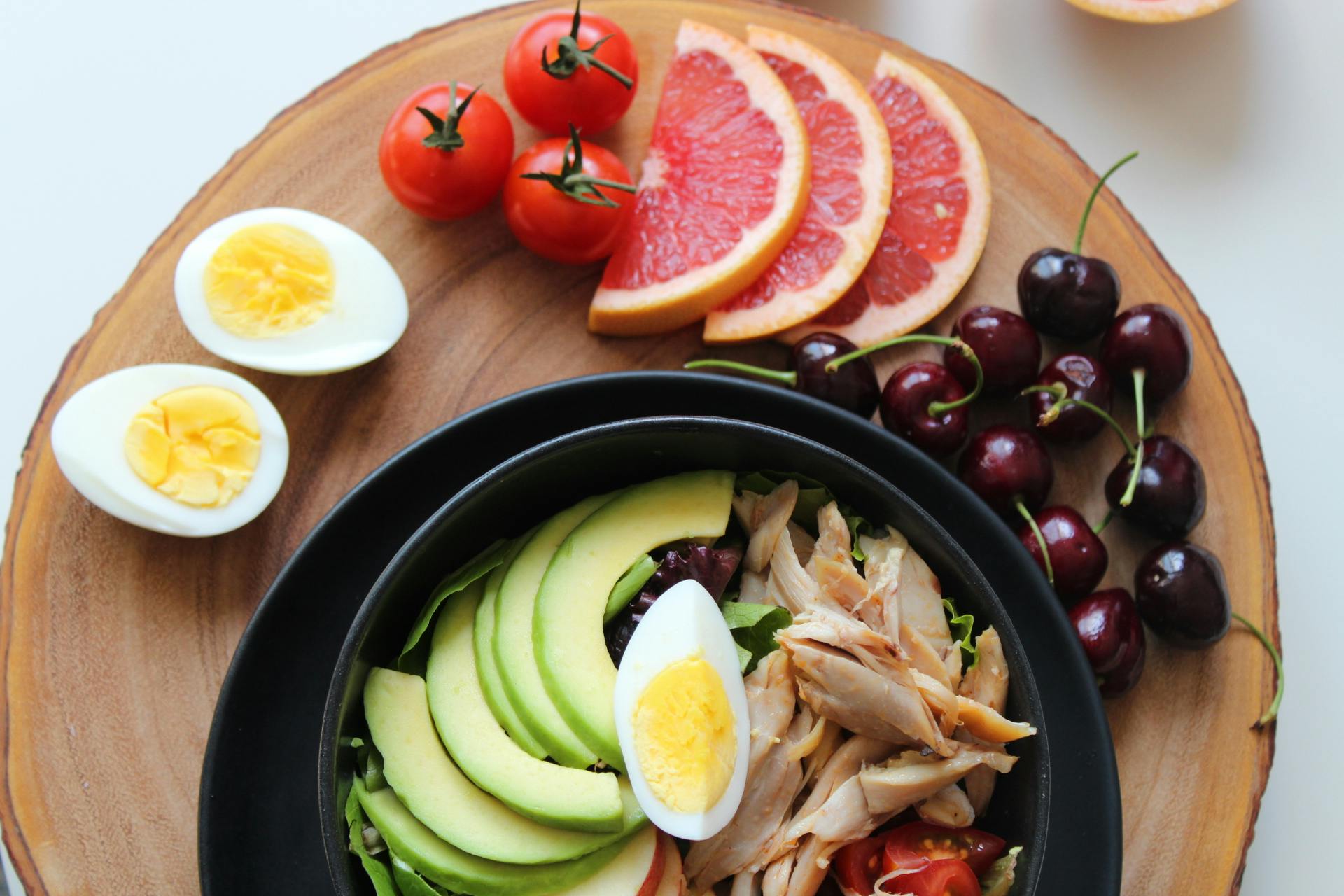Unveiling the Fountain of Youth: The Ultimate Guide to Anti-Aging Diet Foods
Discover the significance of anti-aging diet foods, including their role in supporting skin health, combating oxidative stress, and contributing to overall wellness, as well as the science behind antioxidants, proteins, and healthy fats. Explore top anti-aging superfoods like blueberries, vegetables, avocados, and olive oil, and learn about the benefits of incorporating these foods into your diet for skin health, cognitive benefits, and cardiovascular and overall well-being.
Introduction to the Significance of Anti-Aging Diet Foods
Understanding the Role of Diet in Anti-Aging
An anti-aging diet is essential in managing the aging process, as the skin’s condition reflects internal health. By consuming foods rich in antioxidants, healthy fats, and essential nutrients, individuals can support their skin health and combat oxidative stress. Research indicates that a well-rounded anti-aging diet not only benefits skin health but also contributes to overall wellness, including cognitive function and cardiovascular well-being. For example, incorporating antioxidant-rich foods like berries, leafy greens, and nuts can help protect the skin from free radical damage and promote a youthful appearance. Moreover, the role of diet in anti-aging goes beyond skin deep, influencing various aspects of health and well-being.
The Science Behind Anti-Aging Foods
Antioxidants and Skin Health
Antioxidants found in fruits and vegetables play a crucial role in combating free radicals and maintaining healthy skin. For instance, the anti-inflammatory properties of olive oil have been shown to protect against severe skin aging and chronic diseases. In addition to fruits and vegetables, incorporating sources of healthy fats like avocados and fatty fish into the diet can further enhance skin health. These foods provide essential nutrients like omega-3 fatty acids, selenium, and astaxanthin, which contribute to a radiant complexion and overall anti-aging benefits. By understanding the impact of antioxidants and healthy fats on skin health, individuals can make informed choices to support their anti-aging efforts.
Proteins and Healthy Fats
Proteins and healthy fats are vital components of an anti-aging diet, playing key roles in maintaining skin health and combating age-related changes. Fatty fish such as salmon not only provide omega-3 fatty acids but also essential proteins, selenium, and astaxanthin that are beneficial for skin health. Nuts, seeds, and grains rich in vitamin E can help combat free radicals and support youthful skin by promoting elasticity and hydration. Moreover, healthy fats found in avocados contribute to maintaining a healthy skin membrane and protecting against free radical damage, emphasizing the importance of including these foods in an anti-aging diet.
Top Anti-Aging Superfoods

Fruits and Vegetables
When it comes to anti-aging superfoods, blueberries are renowned for their antioxidant, vasoprotective, and anti-inflammatory properties that support the aging process. Additionally, vegetables rich in antioxidants such as beta carotene and vitamin C play a crucial role in shielding the skin from sun damage and promoting healthy skin renewal. By consuming a variety of colorful fruits and vegetables, individuals can ensure a diverse intake of essential nutrients that contribute to skin health and overall well-being. For example, incorporating berries, leafy greens, and bell peppers into daily meals can provide a range of vitamins, minerals, and antioxidants that support healthy aging from the inside out.
Healthy Oils and Fats
Avocados are considered a top anti-aging superfood due to their abundance of monounsaturated fats and antioxidants, which support a healthy skin membrane and prevent free radical damage. Similarly, olive oil, a staple in the Mediterranean diet, has been linked to influencing various aging processes and reducing the risk of age-related illnesses. Nuts and seeds are also valuable additions to an anti-aging diet, providing essential nutrients that help lower cognitive decline and preserve muscle tissue in aging individuals. By incorporating these healthy oils and fats into daily meals, individuals can nourish their skin from within and promote a youthful appearance.
Benefits of Incorporating Anti-Aging Foods into Your Diet
Skin Health and Cognitive Benefits
Leafy green vegetables are rich sources of nutrients like phylloquinone, folate, and antioxidants, which contribute to slowing cognitive decline and supporting overall brain health. In addition, salmon consumption has been associated with lower rates of cognitive decline, highlighting the cognitive benefits of including fish in the diet. Beyond cognitive health, cruciferous vegetables like broccoli and cabbage offer benefits for heart health by reducing calcification of the abdominal aorta. By incorporating these anti-aging foods into their diet, individuals can not only support their skin health but also promote cognitive function and cardiovascular well-being.
Cardiovascular and Overall Well-being
Consuming a diet rich in anti-aging foods while avoiding unhealthy fats, sugars, and alcohol can significantly improve both skin health and overall well-being. The Mediterranean and DASH diets, known for their emphasis on whole foods, have been recommended for cardiovascular health and aging, highlighting the importance of dietary patterns in anti-aging efforts. Furthermore, the MIND diet, which combines elements of the Mediterranean and DASH diets, places a strong emphasis on brain-healthy foods, offering a comprehensive approach to healthy aging. By following these dietary patterns and incorporating anti-aging foods into their meals, individuals can enhance their skin health, cognitive function, and overall quality of life.



